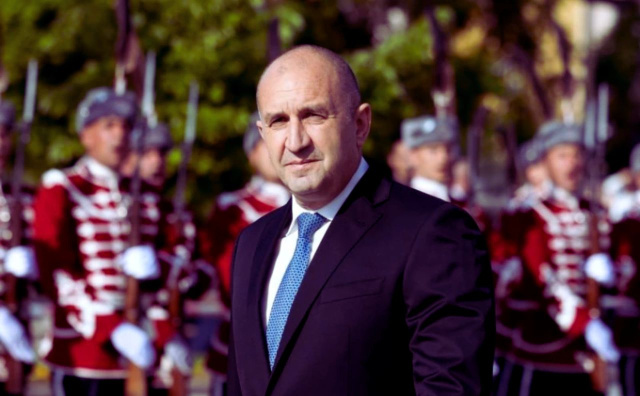Bulgarian President Rumen Radev ignited a political firestorm by proposing a national referendum to delay the country’s planned 2026 eurozone accession, according to Euractiv.
Announced on Europe Day (9 May), the initiative deepened divisions in Sofia, prompting resignations and accusations of constitutional overreach. Radev framed the referendum as a democratic necessity, arguing that “institutions with critically low legitimacy” should not decide Bulgaria’s monetary future without public consent.
There are no convincing actions from the government to ensure the purchasing power of citizens and the competitiveness of the economy, which causes public anxiety. The basic principles of democracy must be respected, and institutions with critically low legitimacy should not make decisions about the country’s future without listening to citizens.
However, the move directly contradicts a 2024 Constitutional Court ruling that such referendums are impermissible, as euro adoption was binding under Bulgaria’s EU accession treaty.
Meanwhile, Prime Minister Rosen Zhelyazkov lambasted the proposal as a “populist” ploy to advance Radev’s political ambitions, urging MPs to reject it and reaffirm Bulgaria’s commitment to the euro. The ruling coalition, holding 131 of 240 parliamentary seats, vowed swift dismissal, with GERB leader Boyko Borissov warning Brussels is “alarmed” by the destabilising move. Radev’s legal adviser, Krum Zarkov, resigned in protest, calling the referendum unconstitutional.
Political experts afrue that the timing is contentious, as Bulgaria awaits an EU convergence report on 4 June, expected to greenlight its eurozone entry, with a final decision due on 8 July.
Radev’s sudden U-turn—having rejected a similar 2023 referendum request from the Vazrazhdane party—raised suspicions. Vazrazhdane, which signed a cooperation pact with Russian President Vladimir Putin’s United Russia party and attended Moscow’s Victory Day parade, hailed the move as a victory.
